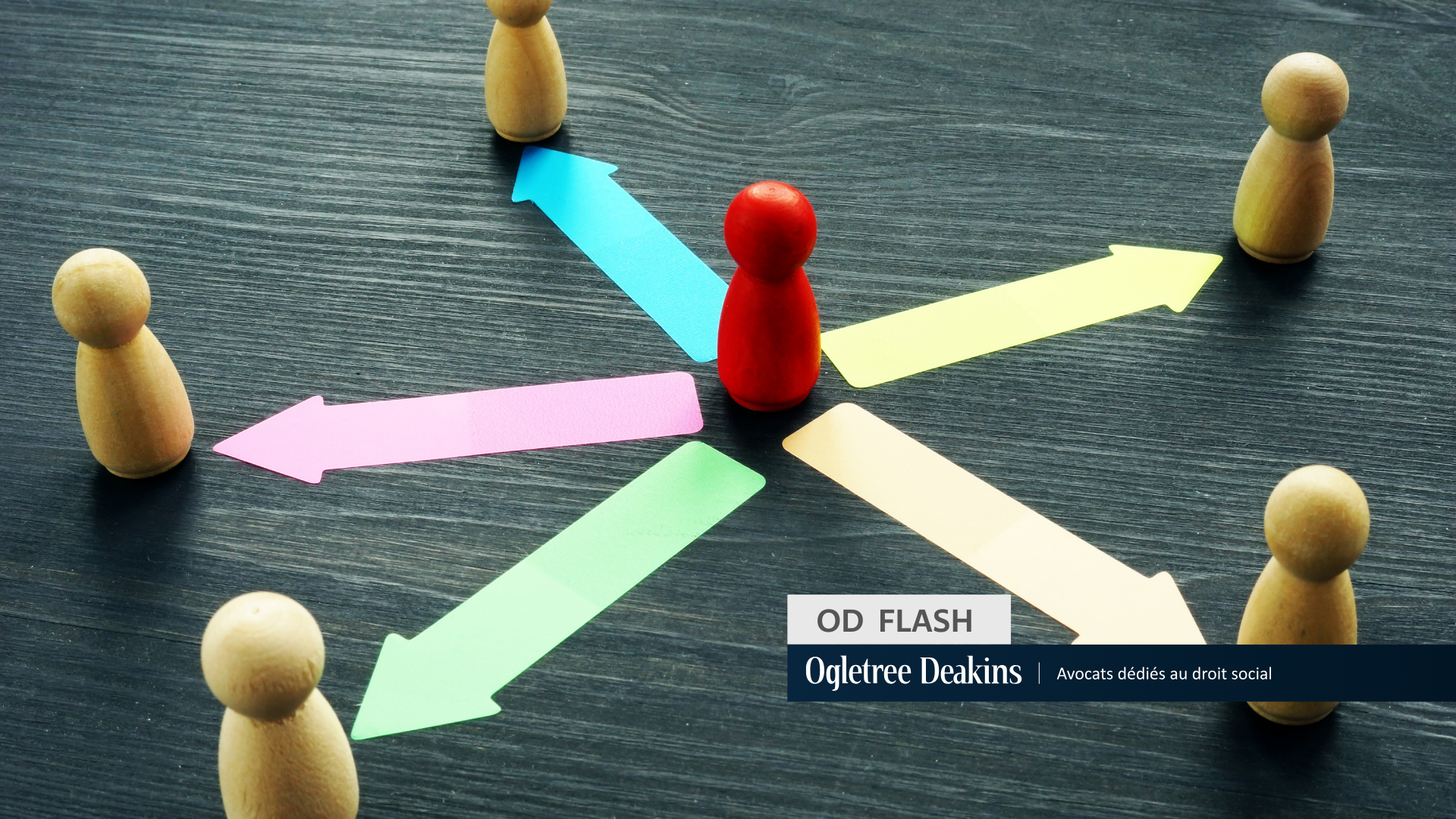Supreme Court, Criminal Law Section, 14 January 2025, n° 24-81.365
According to the Employment Section of the French Supreme Court (Cour de Cassation), employees can only be held civilly liable to their employer in the event of gross negligence. This rule, which only emanates from case law, has the consequence of excluding the possibility for the employer to seek compensation from the employee on the basis of the rules of common law of civil liability allowing to rely on any fault of the debtor of a contractual obligation, regardless of its seriousness, including thus minor faults.
In the present case, which was heard by the Criminal Law Section of the Supreme Court, an employee who was under the influence of cannabis and a repeat offender had driven a vehicle belonging to his employer at excessive speed, causing an accident.
In the first instance, which ruling was confirmed on appeal, the criminal court convicted the employee of driving a vehicle under the influence of narcotics, a repeat offense, and excessive speed. He was also sentenced to compensate his employer, in the context of the civil proceedings brought by the employer, for the material loss resulting from this accident (damages corresponding to the repair work, the repairs to the tractor, the trailer and the container damaged by the employee during the accident).
The employee lodged an appeal with the Supreme Court, arguing in particular that an employee’s financial liability to his employer could only result from his gross negligence or intentional offenses, while recalling that fines or other financial penalties were prohibited in accordance with Article L. 1331-2 of the French Labor Code.
The Criminal Law Section of the Supreme Court rejected this appeal on the grounds that compensation for the damage suffered by the employer does not constitute a financial penalty prohibited under Article L. 1331-2 of the French Labor Code, but rather the implementation of the employee’s civil liability and therefore compensation for the damage caused by the latter.
Thus, the mere fact that the employee has been found guilty of an offense causing damage to the employer was enough to engage the civil liability of the employee.
The Supreme Court continued, considering that: “In the light of these statements, the court of appeal, which, having found that the person concerned had been convicted of two offenses, did not have to characterize either gross negligence or intentional offenses against the civil party, did not disregard any of the texts referred to in the plea, which, insofar as it challenges the intentional nature of these offenses, is inoperative.”
This reasoning therefore differs from the one held by the Employment Section of the French Supreme Court, according to which the employer can only hold one of its employees civilly liable in the event of gross negligence on the part of the latter (Cass. soc., 25 January 2017 n° 14-26.071).



